Saturday Subculture: 30 years of Glasgow club night
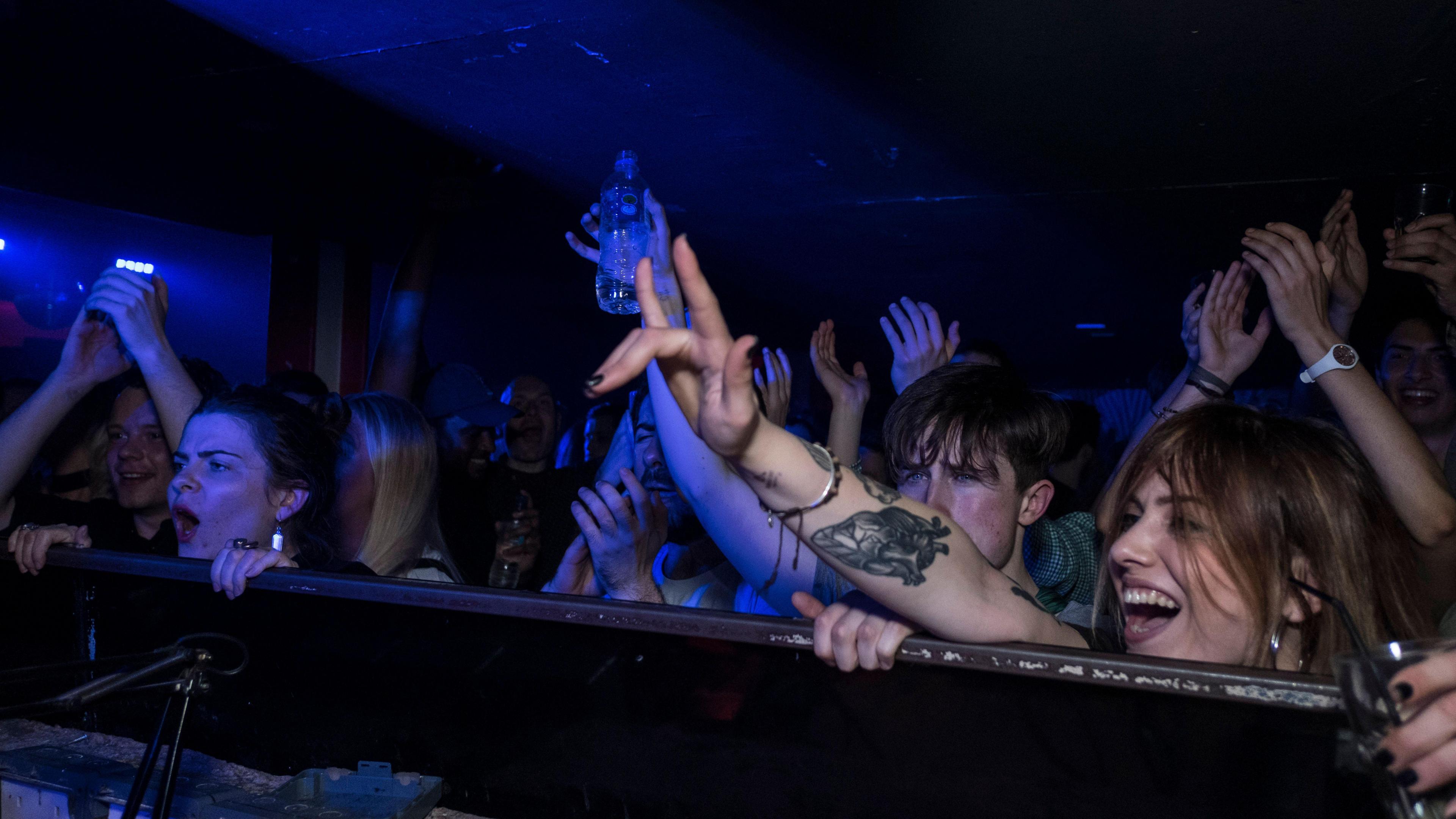
- Published
It’s the beating heart of the Scottish clubbing scene – and even thousands of miles away from Glasgow, James ‘Harri’ Hannigan and Domenic Cappello are reminded of the love for the Sub Club.
“We used to joke when we’d go away that there’s always someone who’ll come up with a Sub Club T-shirt and a Sub Club tattoo,” says Domenic, one half of the duo at the core of the Jamaica Street venue.
“We were in Penang [in Malaysia] in a bar joking about how there’s no chance this is going to happen, and as we’re walking out a guy goes ‘Harri and Dom?’ Pretty much everywhere you go people have heard of the Sub Club.”
Part of the reason for that is the duo themselves, who this year celebrate three decades of their Saturday night Subculture slot.
It is the world’s longest-running weekly house and techno night, having kicked off on 9 April 1994 - when Take That were topping the charts, Oasis were just about to release their debut single and Taylor Swift was four years old.
Harri was already established at the club, DJing at Subculture's predecessor Atlantis every Saturday alongside Scottish clubbing legends Slam, before pairing up with Dom.
“The people that owned the club decided they wanted to change direction,” recalled Harri, speaking to Radio 6 Music .
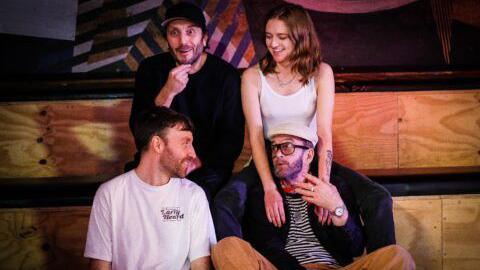
Subculture's resident DJs Domenic, Stevie Cox, Ross Telford and Harri
“The Slam guys were playing quite hard techno then. They said to me ‘do you want to take over the Saturdays?’. I was in a bit of a pickle and I asked Dom and Oscar [Fullone] to do it with me as I was too scared [to do it alone].”
From there, the duo helped the club become a revered Glasgow institution, establishing itself as a Saturday night staple for scores of clubbers, and a pioneering venue for house music in the city.
Three decades on from that first April night, and the duo still take to the decks every Saturday, with their longevity meaning that among the other DJs to have joined them is Harri’s son – Jasper James.
“Jasper was born the year I started my first residency at the Sub Club. All this time later I’m still there and Jasper has become a successful DJ and producer in his own right.
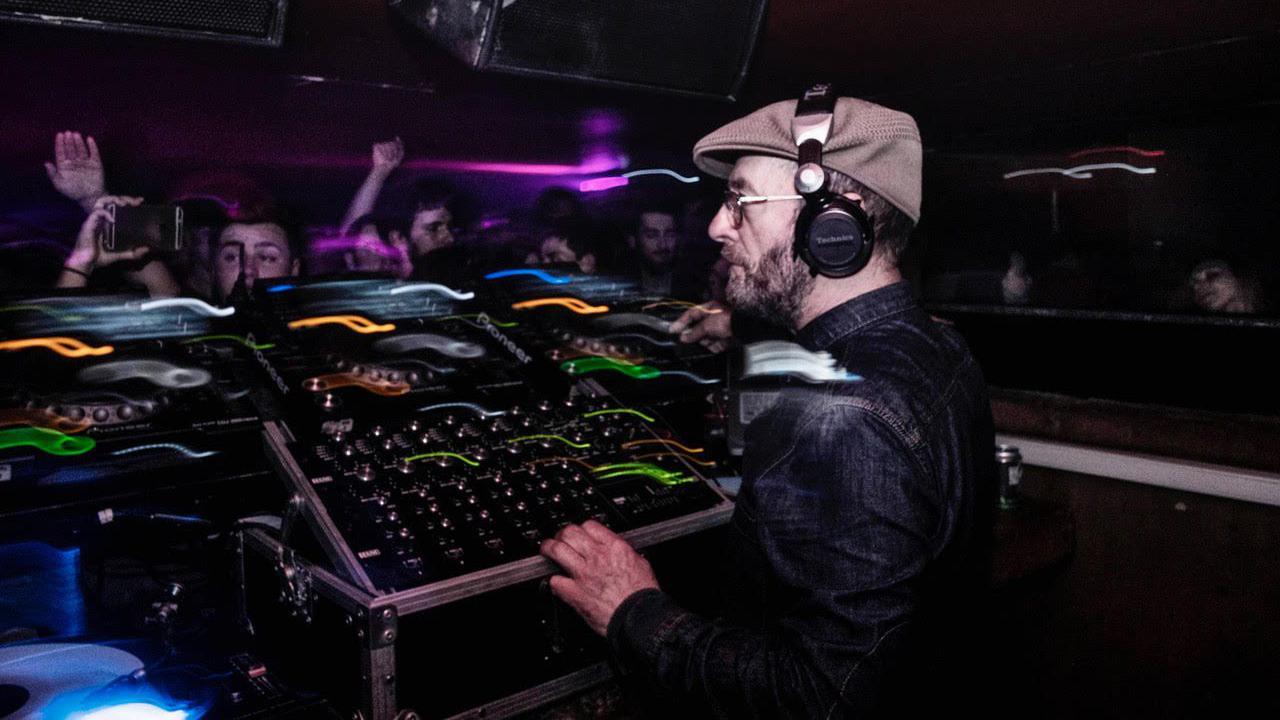
Harri and Dom both believe the longevity of Subculture is tied to their passion still being strong for discovering new music.
“We’ll always play some classics, and things that have been popular over the past 30 years but generally it’s new music,” says Dom.
“I think when you’re pushing new music forward, [the night] doesn’t go stale.”
The venue itself helps too, as does the community that have gathered there over the years.
"It doesn’t try to be anything other than a nice space for people to dance in," adds Dom.
"It’s dark enough that you can hide if you want to, there’s quiet bits where you can talk with your pals, there’s bits where you can get lost on the dancefloor. It’s the simplicity [of the club]... There’s people who’ve been coming here for 30 years and they still love it."
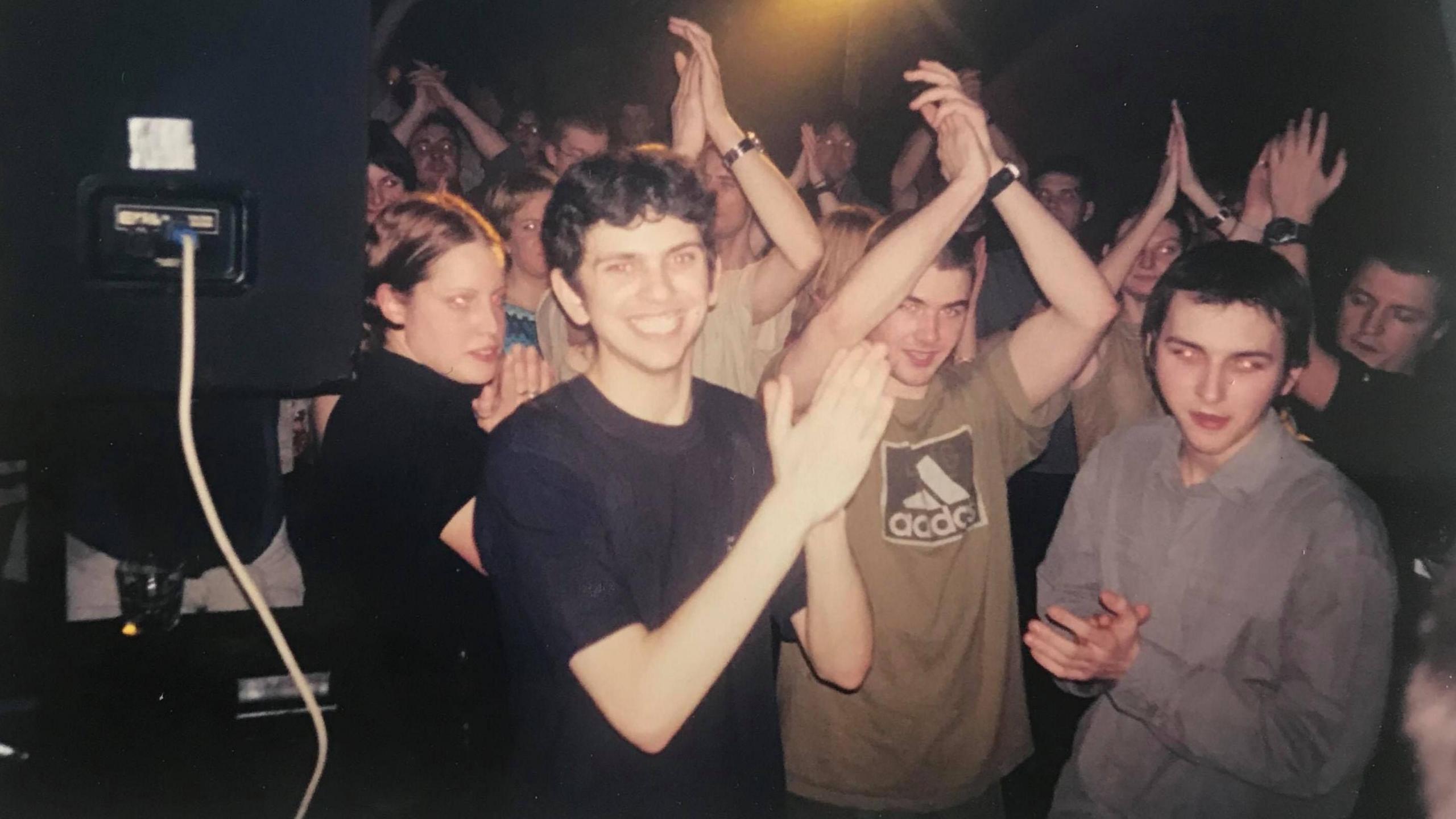
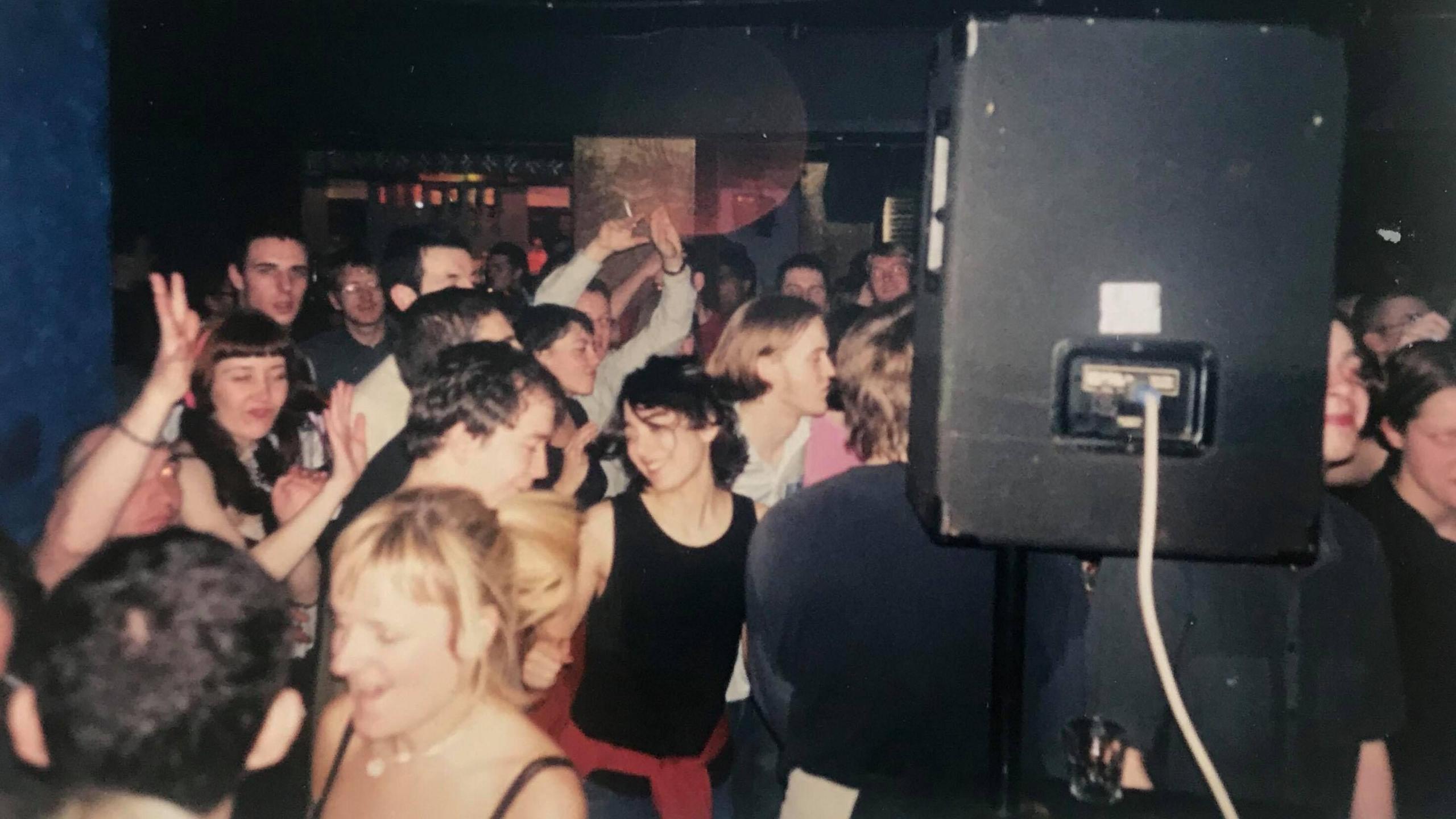
That community spirit runs through to the DJs as well, with Ross Telford and Stevie Cox the other regulars at the night.
Telford is also the venue's general manager, while Cox worked her way up from taking jackets to stepping behind the decks.
"She started working here in the cloakroom then was doing the odd night [DJing] and we really liked her. It was quite organic.
"Telford was the same, he was working behind the bar and one night gave me a mixtape. I was driving home and listened to it, and I phoned Paul [Crawford, the club's former owner] at the time and went ‘this wee guy is brilliant!’"
The recent 30th anniversary saw old staff and familiar faces return to the club, which Domenic describes as being "like a big family".
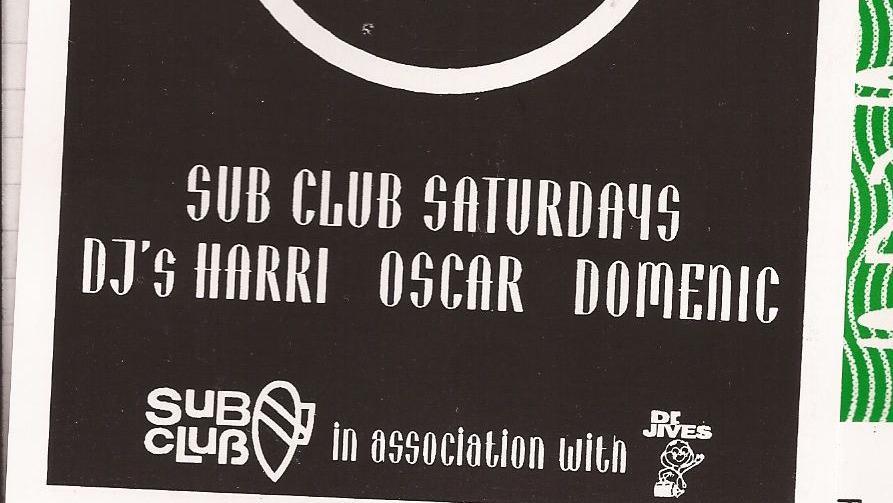
That familial feeling comes across in Harri and Dom's own relationship, where both men bring in their own musical tastes.
"Dom and I just do our things at home immersed in our own bubble, and then we meet on a Saturday and it seems to work" says Harri.
"Getting to play in the same place for 30 years playing new music, it’s a bit of an anomaly. You feel like you’re skating on thin ice a wee bit, but it’s pretty good fun."
That's an argument that his partner in crime believes in.
"The reason it has lasted so long is we never look too far ahead. We never thought it would last 30 years, you were just thinking 'we’ve got another week, another week.' We never got too comfortable."